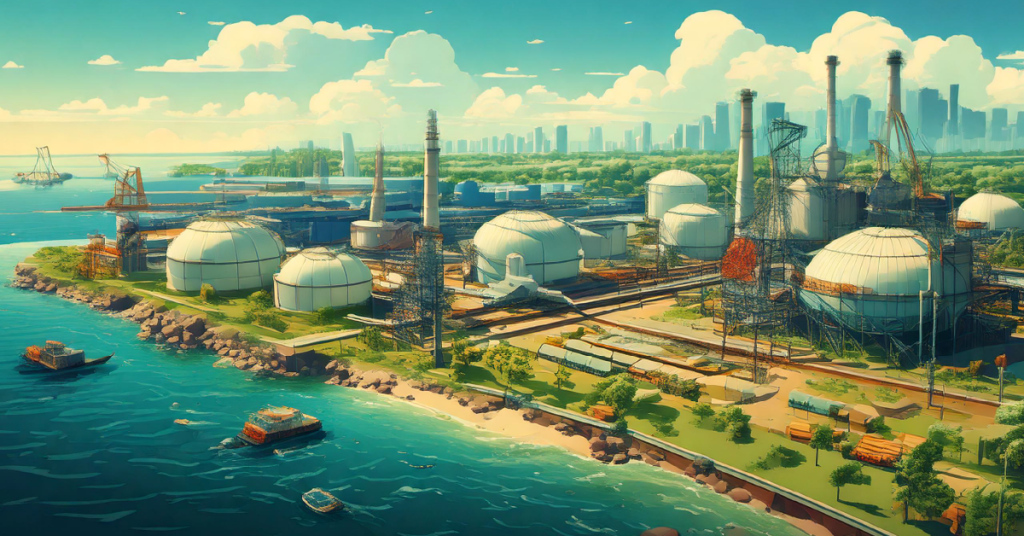Intensive Trainings

- This event has passed.
Oil and Chemical Tanker Safety General Awareness
25th July 2019 - 26th July 2019
Overview
This course is designed to familiarize masters, officers, and ratings serving on tankers with safe operational practices in loading, carrying, and discharging bulk oil and chemical cargoes. At the end of the course the participants will have the technical knowledge to carry out specific duties and responsibilities related to cargo or cargo equipment. The participants will have gained sufficient knowledge to apply the basic principles and concepts of safe tanker operation in order to adequately perform those duties.
Key Learning Objectives
Familiarization training will enable the participants to demonstrate an understanding of these principles including
- Characteristics of cargoes: basics of kinetic theory, chemistry of acids and bases, incompatibilities and chemical reactions to properly apply ship safety codes
- Flammability (fire vs. explosion), flashpoint, flammable range, practical significance of the lower and upper flammable limits, classifying cargoes by flashpoint and auto-ignition temperature
- Toxicity basics, exposure routes, threshold limit values, define parts-per-million, toxic effects of commonly carried cargoes, where to find information
- Hazards: effect of cargo contamination on flashpoint, static electrical charges, spontaneous combustion, pyrophoric material, polymerization caused by temperature, impurities, reaction with air and water, corrosion risks and hydrogen
- Controlling hazards by safety barriers, gas-free zones, inert cargo tanks during loading, unloading, ballasting, tank wash, segregation of incompatible cargoes, earth connection, closed loading and vapour recovery, ventilation and relief systems
- Use of safety equipment and personal protection equipment: testing of confined space atmosphere, fire extinguishers, breathing apparatus, safety clothing, rescue and escape
- Pollution Prevention of releases of oil, chemicals, gases into marine environment and air, ship emergency plan, clean and segregate ballast, waste control, response to spillage or risk of spillage, reporting, notification and containment procedure
- Tanker operation dependent on the type and design of ship, pumping and piping system, gauging, vapour control, safety checklists, cargo and tank voyage operations, cargo monitoring, emergency response



